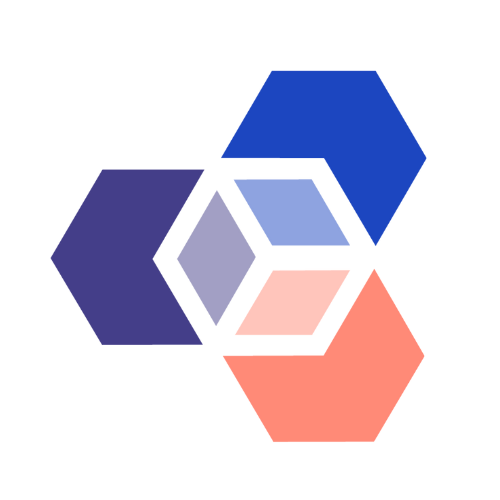Not many of us have the energy for a bootcamp after all the challenges of COVID19 – unless it’s a learning design-related one, it seems. The Open University Learning Design team is hosting this year’s learning design bootcamp and we’ve been delighted to find that 47 participants representing 11 teams from four countries are taking part.
As last year, the bootcamp is fully online and provides an opportunity for teams to explore online learning design collaboratively. However, this year it’s been opened up to non-UK teams, all of whom bring different perspectives and experiences of teaching through the pandemic. Perhaps that’s why, far from being overwhelmed by the prospect of a bootcamp, the teams have embraced the chance to learn from one another.
Practical application
The learning design bootcamp has always been about providing guidance for participants on how to identify the challenges they and their students face, exploring a range of tools to help them address these challenges, and applying these to a module or piece of curriculum in development. In other words it’s practical, which means teams will quickly be able to see the impact of the tools they choose. It also models many of the kinds of activities we know help all of us learn, such as engaging, active-learning focused tasks, productive work, research, discussion and reflection.
In other words it’s practical, which means teams will quickly be able to see the impact of the tools they choose. It also models many of the kinds of activities we know help all of us learn, such as engaging, active-learning focused tasks, productive work, research, discussion and reflection.
However, this year’s bootcamp has been adapted to address the new challenges faced by institutions in the past year: less time than ever and increased demand for online learning. It also acknowledges that over the last year, many institutions have come up with their own approaches to online learning that they’re now looking to build on.
The event involves a series of interactive workshops for participating teams, each addressing a learning design challenge and exploring ways to address it. Teams will apply these insights – with the support of a mentor – to a module they’re developing.
Working together
Each workshop is introducing participants to a range of resources they can use to understand students’ needs, and to design learning experiences that are flexible, inclusive and accessible to their students.
They also get to explore a selection of learning design approaches (and the theories that underpin them), including the OU activity planner and other tools, and the Co-Designs and ABC methods. Teams can ask questions about these approaches, reflect on how they can tailor them to their own contexts and begin to use them in a low-stakes environment. They’ll also look at how to evaluate the materials created both during design and once the course is live to build on the findings — an essential aspect of any learning design process.
Recognising that many organisations face the same challenges, there’s an added focus this year on community-based solutions to learning design challenges. The hope is that participants can form new connections and new ways of devising solutions from within their networks, and that these will endure beyond the bootcamp. There’s also an emphasis on reflection – something many of us find it difficult to carve out time for in everyday life. Participants will be guided through a reflective framework that they can apply to future modules.
Lasting benefits
There’s plenty of support for participants. Each team has been partnered with a learning designer from another institution who can help them reflect on their goals and explore ways to meet them. As with all mentoring, it’s a two-way process, with mentors likely to learn both from observing others’ practice and from their reflections on this.
In addition, participants can interact with and gain new insights from other teams through synchronous and asynchronous online channels – essential given the international flavour of this year’s event. This sense of community support alongside the focus on reflection means that participants can gradually build new practices and relationships that will endure.
Look out for #LDBootcampUK on Twitter for updates.
Thank you to Katharine Reedy for her help with this post.

